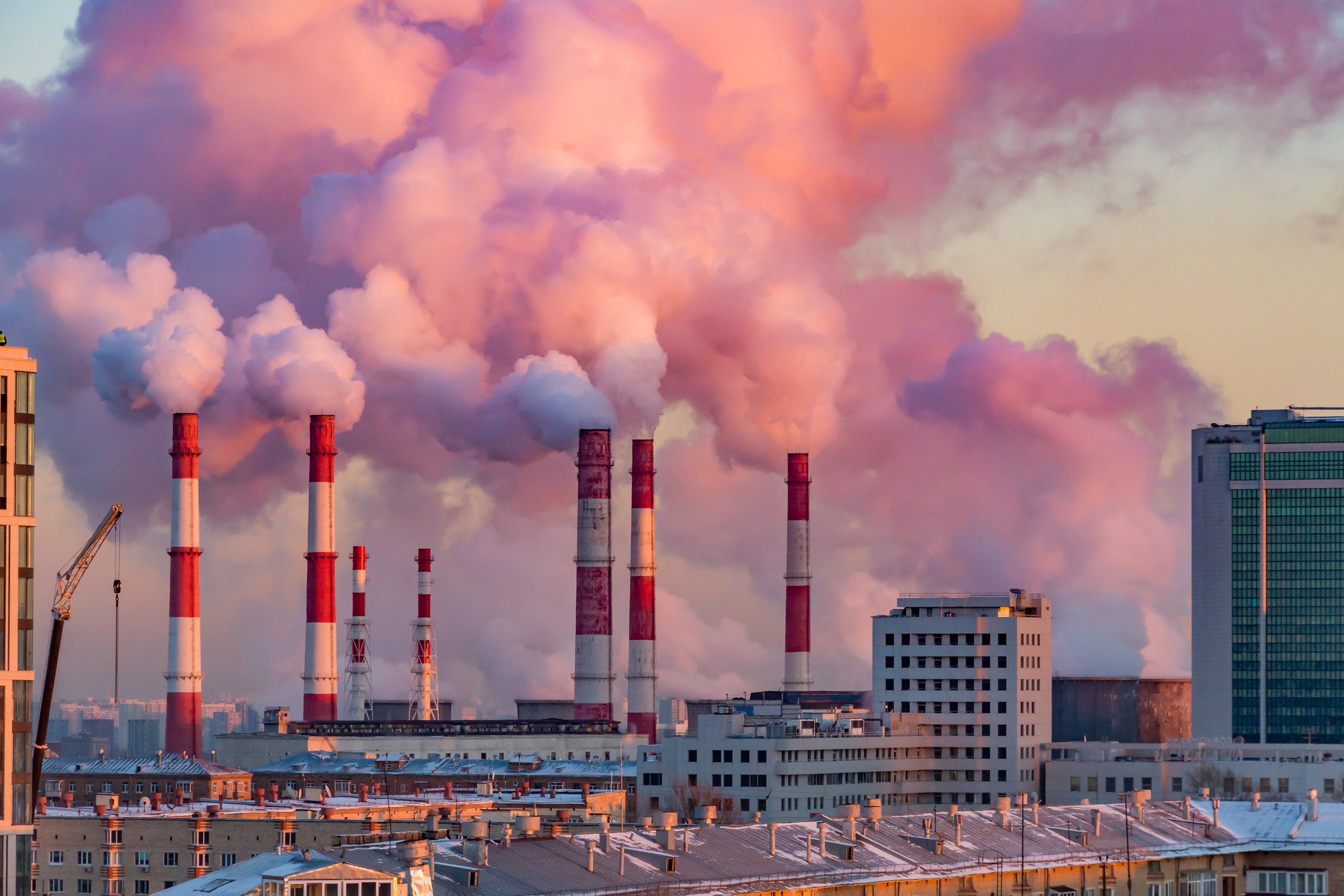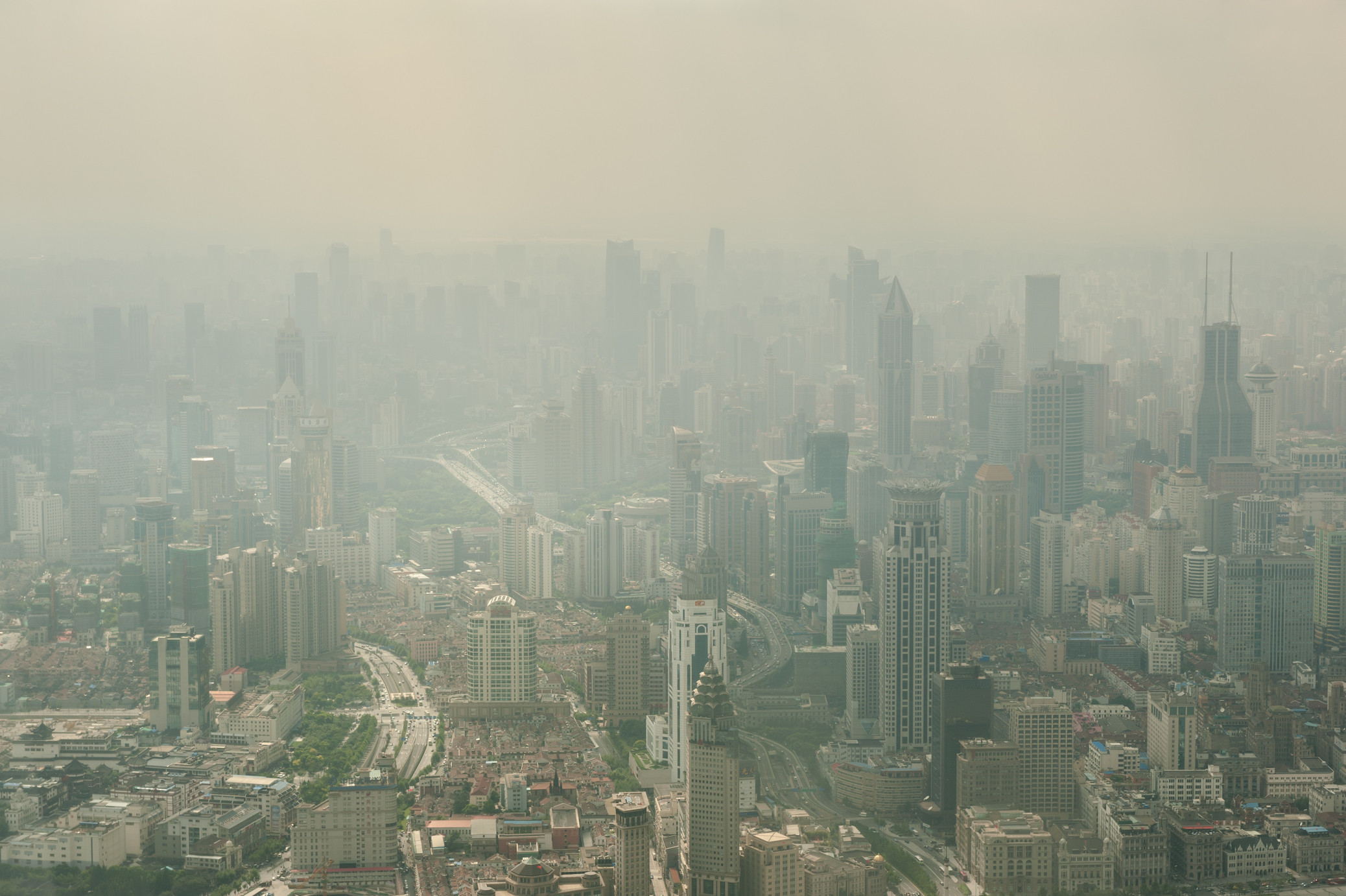Air Pollution and Infertility in Men: A Growing Concern
Pollution in the air we breathe may be lowering the fertility of men around the world, researchers have found. Long-term exposure to PM2.5 air pollution—fine particulate matter in the air that is 2.5 micrometers or smaller in diameter—is linked to a greater risk of infertility in men, according to a new paper in The BMJ. PM2.5 pollution particles are about 30 times smaller than the width of a human hair and can be made up of a variety of chemical components, such as dust, dirt, soot, smoke and liquid droplets. Sources of PM2.5 pollution include vehicle emissions, wildfires, coal burning, industrial processes and construction. Long-term exposure to high levels of PM2.5 has been found to increase the risk of chronic diseases, such as asthma, heart disease and lung cancer.
Previous studies have found links between pollution and sperm quality, but until now, links with the likelihood of conceiving have been inconsistent. "In support of our results on PM2.5 and infertility in men, particulate air pollution (PM2.5 and PM10) has in recent studies been found to be negatively associated with factors defining sperm quality, including sperm motility and count as well as changes in sperm morphology. Our study therefore adds to these findings, showing that the effects of air pollution on sperm quality will potentially result in a higher risk of requiring assistance from a fertility clinic to achieve pregnancy," the researchers wrote.
Noise Pollution and Infertility in Women: A Silent Threat
The study also found that exposure to levels of road traffic noise of 10.2 decibels or higher on average over five years was associated with a 14 percent increased risk of infertility among women older than 35. Noise pollution was also found to slightly affect the fertility of men ages 37 to 45.
"Health effects of noise are suggested to be mediated through the triggering of a stress response, with activation of the autonomic nervous system and the hypothalamic-pituitary-adrenal axis, as well as through sleep disturbance. Both stress and sleep disturbance have been suggested to be associated with impaired reproductive function, including reduced sperm count and quality, menstrual irregularity, and impaired oocyte competence," the researchers wrote.
The City's Silent Struggle: Declining Birth Rates and the Urban Doom Loop
The findings come on the heels of mounting evidence that America's big cities have witnessed a 'shocking' drop-off in the numbers of small children. A new study shows how in New York City, the worst affected hub, the number of under fives has collapsed by 18 percent since April 2020. Chicago and Los Angeles saw their numbers fall by 15 and 14 percent respectively in the same period.
The trend poses far-reaching challenges for cities seeking to rebuild their economies, while upending plans for providing schools and healthcare to a shrinking youth population. It also comes as decisions about whether to have children, and the rising costs of daycare, become issues in this year's divisive presidential contest.
Connor O'Brien, who wrote the report for the Economic Innovation Group, says 'demographic collapse has arrived in major American cities.' 'Falling birthrates mean the number of young kids nationwide is falling, but it's falling much more quickly in large urban counties,' says O'Brien. The research, based on US recent Census Bureau data, shows how big cities are still grappling with the after-effects of the pandemic. As the virus spread, urbanites fled to smaller cities, the suburbs, and the country. The departures of small children have slowed in recent months, but they're still leaving. The continued loss of families risks a so-called 'urban doom loop' as cities struggle to retain this vital demographic. 'If progressive cities could run on a sort of policy autopilot pre-covid, it's clear they can't anymore,' warns O'Brien.
Global Implications: A Call for Action
A recent study published in the BMJ found that long-term exposure to air pollution is linked to a higher risk of infertility in men, while prolonged exposure to road traffic noise is associated with a higher infertility risk in women. The peer-reviewed Danish study, published Wednesday in the BMJ, said exposure to fine particulate matter (PM2.5) was linked to a greater likelihood of an infertility diagnosis in men, independent of age. Meanwhile, road traffic noise showed a similar association with infertility in women over 35 and potentially in men over 37. These results, if confirmed in future studies, may have significant implications for public health and policy, highlighting the need to address environmental pollutants as a factor impacting fertility.
The study was conducted in Denmark, but the researchers believe that similar results are likely to be seen in other major cities in Western countries, including Canada. In Canada, one in six adults will be impacted by infertility in their lifetime, according to Fertility Canada. In 2022, Canada’s fertility rate reached its lowest level on record, at 1.33 children per woman (compared to 1.41 in 2021). The drop in fertility rate in 2022 was not unique to Canada, although the country’s decrease was one of the largest among high-income countries. Apart from the United States, all G7 countries experienced a fertility decline between 2021 and 2022, Statistics Canada reported.
Understanding the Mechanisms: How Noise and Pollution Affect Fertility
The study authors argue that infertility in both men and women is linked to a range of long-term health problems, such as a shorter life expectancy and a higher risk of psychiatric disorders and other physical diseases. They also highlight the potential impact of noise and air pollution on fertility:
-
Air Pollution: Inhaled chemicals from air pollution can enter the bloodstream and disrupt hormones or cause direct damage to eggs and sperm. Previous research has found links between pollution and sperm quality, with a 2023 study published in Front Public Health revealing that exposure to PM2.5 was associated with a decreased total sperm count in Chinese men.
-
Noise Pollution: Noise, especially road traffic noise, can trigger a stress response and disrupt sleep, both of which have been linked to impaired reproductive function. The study suggests that women over 35 who are already experiencing a decline in fertility may be particularly vulnerable to the effects of noise pollution.
A Call for Action: Mitigating Environmental Risks to Fertility
While this study is observational and further research is needed to confirm causality, the findings raise important concerns about the potential impact of environmental factors on fertility. The researchers emphasize the need for political implementation of air pollution and noise mitigations to improve birth rates in the western world. This includes:
-
Reducing Air Pollution: This could involve promoting public transportation, encouraging walking and cycling, improving fuel efficiency standards, and reducing industrial emissions.
-
Mitigating Noise Pollution: This could involve implementing quieter road surfaces, reducing traffic congestion, and setting limits on noise levels in urban areas. These measures could potentially contribute to improving the health and well-being of urban populations, including their reproductive health.
It is important to note that this study is observational and cannot establish causality. However, the findings highlight the need for further investigation and provide a strong argument for taking steps to reduce exposure to air pollution and noise pollution, particularly in urban areas. By addressing these environmental risks, we may be able to improve the reproductive health of individuals and contribute to a more sustainable and healthier future for all.
The Future of Fertility: A Call for Collaboration
The findings of this study underscore the need for a comprehensive approach to addressing the challenges of infertility in the modern world. This involves a collaborative effort between researchers, healthcare professionals, policymakers, and individuals themselves. Continued research is crucial to understand the mechanisms by which environmental factors, such as air pollution and noise pollution, impact fertility. This knowledge will inform the development of effective public health policies and interventions. In addition, individuals can take proactive steps to minimize their exposure to these pollutants, such as choosing to live in areas with lower pollution levels, using public transportation, and limiting their time in noisy environments. By working together, we can create a future where everyone has the opportunity to experience the joy of parenthood.


















